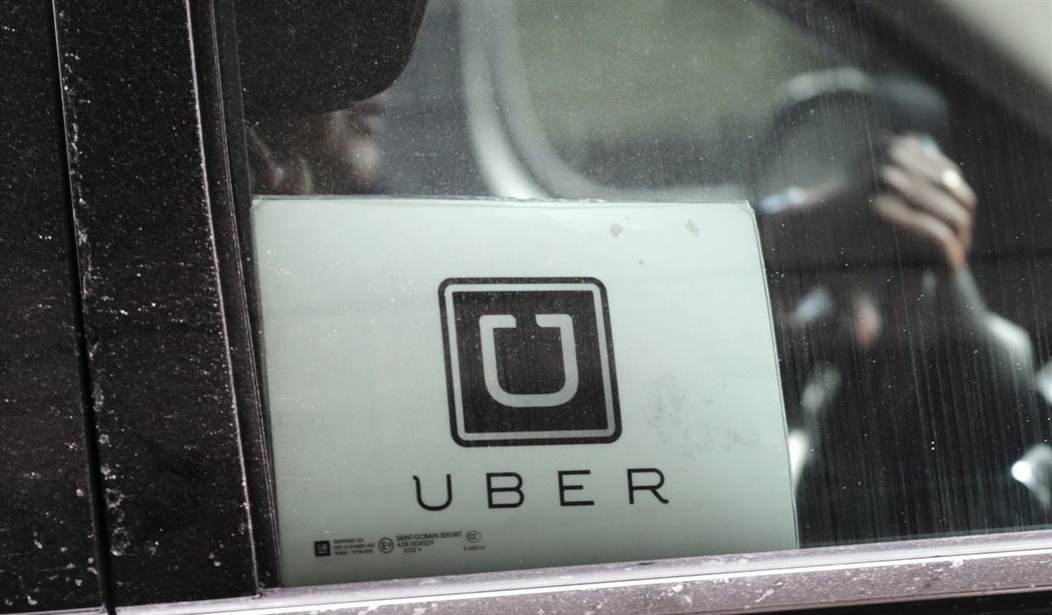It seems legislators at every level are intent on cracking down on independent contractor work. Unsurprisingly, California was the first to propose restrictions by establishing a three-pronged test that would determine whether a worker should be classified as an independent contractor or a traditional employee. Shortly after, state legislators in New Jersey, Wisconsin, Illinois, Oregon, and Washington all proposed legislation that would implement California’s AB-5 copycat laws. Now, federal legislators are following suit with the Protecting the Right to Organize Act (PRO Act) that would impose the same three-pronged test to determine whether an employee should be classified as an independent contractor or a traditional employee.
While the bills’ sponsor Representative Bobby Scott (VA-03) proclaimed the PRO Act “will level the playing field for workers” after its passage in the House in February 2020, he failed to recognize the profound damage it would cause to independent contractors and American businesses who depend on access to flexible labor. As the U.S. Chamber of Commerce states, the PRO Act “represents a massive departure from current policy and would rewrite the National Labor Relations Act (NRLA) to favor the interests of organized labor,” not independent contractors.
Similar to AB-5, the PRO Act would impose a three-pronged test to determine whether a worker should be classified as an independent contractor or a traditional employee. Currently, workers and employers have wide latitude to determine what works best for their situation with the general rule being that an “individual is an independent contractor if the payer has the right to control or direct only the result of the work and not what will be done and how it will be done.”
Were the PRO Act to become federal law, this general rule would be replaced by more stringent regulations that would only allow employers to classify a worker as an independent contractor if they were free from direct control of their employer and performed tasks outside of the core activities of the employer.
If enacted, these regulations would interfere with independent contractors who have become a critical part of the 21st-century economy. A recent study by Edelman Intelligence and Upwork, entitled Freelance Forward 2020, found that between September 2019 and September 2020 over 59 million Americans had participated in independent contract work and had generated $1.2 trillion in earnings.
Recommended
Multiple economic impact studies have suggested that if just a fraction of independent contractors, say 1 in 10, had to be reclassified as employees, the cost on the wider economy could be a contraction in GDP of 8.5 percent as well as kill jobs by increasing costs on employers by between $3.6 and $12.1 billion.
Clearly, the PRO Act will squelch a critical part of the gig economy that is not only a important source of income for millions of Americans and would significantly harm the wider American economy. This alone should be reason enough to kill the PRO Act.
The PRO Act also erroneously presumes independent contract labor is exploitative while ignoring the overall popularity of independent contract work among contract employees. A 2017 study by the Bureau of Labor Statistics showed an overwhelming majority of 79 percent of independent contractors preferred the arrangement compared to 48 percent of Americans who preferred traditional employment. Additionally, 58 percent of those engaged in traditional employment are considering pursuing independent contract work to earn extra income.
Furthermore, the PRO Act ignores the financial benefits independent contract work has provided to many Americans seeking an extra source of income and enhanced economic opportunity. Freelance Forward 2020 reported 65 percent of individuals who leave employment to freelance full time earned more, with 57 percent reaching this milestone in under six months.
Given the substantial benefits of independent contract work and the fact that it has allowed Americans to earn more, restricting the ability of people to participate in the gig economy seems an extremely poor policy choice and one that will undoubtedly harm millions of Americans.
Whether the PRO Act becomes law depends largely on the political configuration of the Congress after January. With Republicans currently in control of the White House and Senate, it is highly unlikely that the PRO Act will become law. However, that could all change if Democrats capture the Senate in January. Not only do Joe Biden and Kamala Harris strongly support the PRO Act, so do Georgia Senate candidates John Ossoff and Raphael Warnock, which another reason the January runoff is so important. With their votes in the Senate and executive support, the PRO Act could end up becoming law.
With the unemployment rate at 6.9 percent in October, down from 14.7 percent in April 2020, federal labor laws should not be limiting the flexibility of workers through draconian rules that will harm the wider U.S. economy, the ability of companies to hire short term labor, or the ability of individuals to earn an income and improve their economic opportunities.
Edward Longe is a research associate at the American Consumer Institute, a nonprofit educational and research organization. For more information about the Institute, visit www.TheAmericanConsumer.org or follow us on Twitter @ConsumerPal.

























Join the conversation as a VIP Member